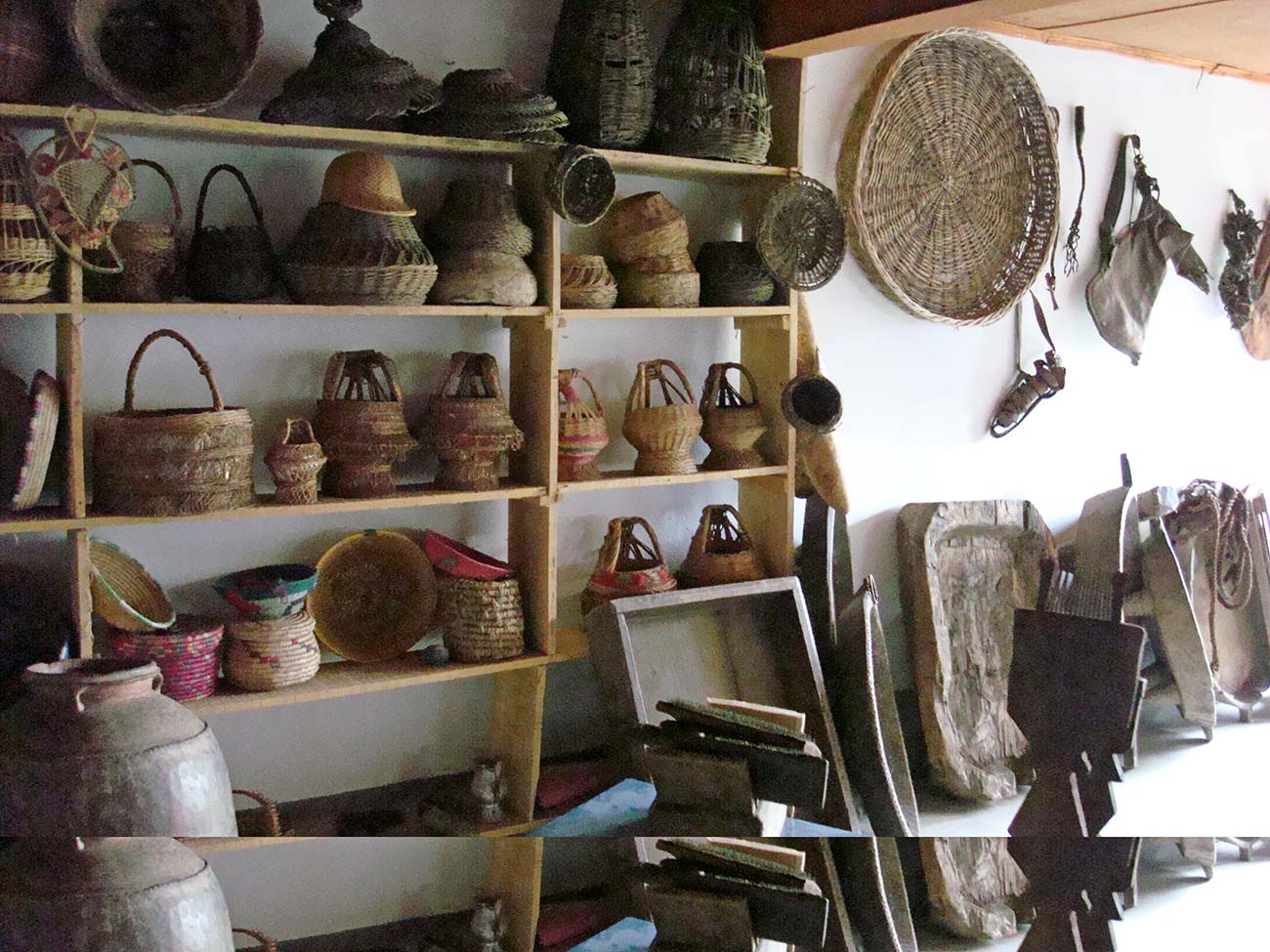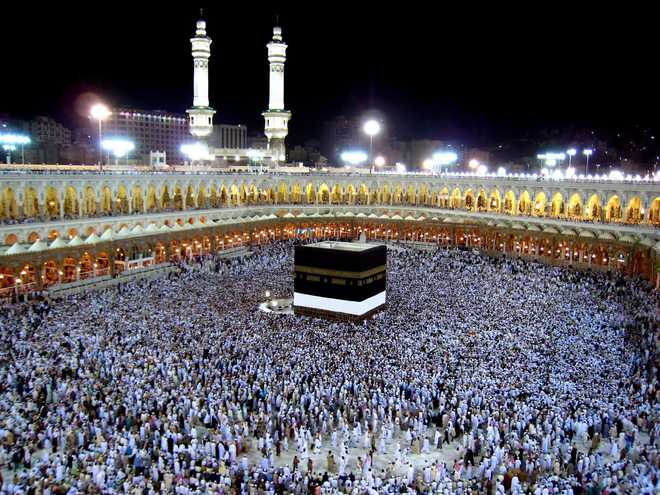As the world is changing and English is emerging as the global language of communication, knowledge, skill and livelihood, Kashmiri is facing a deficit as its practitioners lack the capacity to use the tech bandwagon to stay relevant, reports Nida Meraj
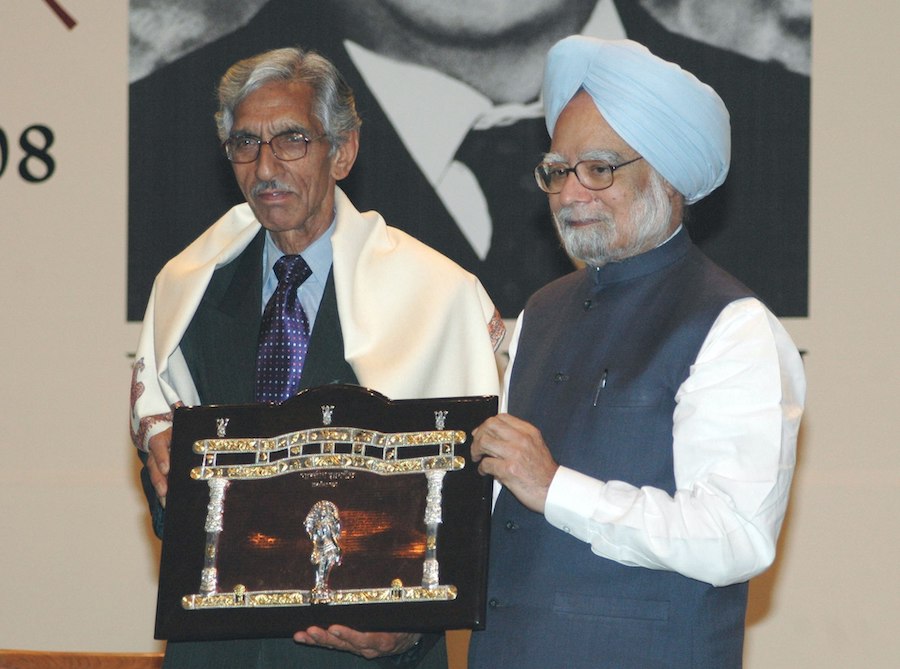
With the internet making English the global language and sections of people retaining Urdu, a traditional second language, the readership for Kashmiri literature has drastically declined. As book reading is already at a historic low, quite a few people read the vast literature that is produced in the Kashmiri language. This is contrary to the early 1950s when the Kashmiri language was written, purchased and read. It soon paved the way for the rise of English.
Hundreds of languages across the globe are feeling threatened as gradually English is taking over as the lingua franca of knowledge, science, education, commerce and communication. All the high-end skills are linked to English so are the jobs.
“People will study Kashmiri literature if it is related to their livelihoods,” Prof Shad Ramzan, 66, writer and former head of the Kashmiri department at the University of Kashmir, said. “Languages are linked fundamentally linked to the livelihoods, mother tongues apart.”
Short story writer, Shaista Khan, 31, sees an inherent issue in teaching. “There are gap years. Students have the option of being taught Kashmiri up to eighth class and then there is the gap,” Ms Khan said. “They have the option of picking it as a subject from college if they want to. But till then many of them have lost interest in the subject.”
Upbringing Issues
Over the years, many children in Kashmir have been taught to speak Urdu or English from childhood. Parents have different reasons. “It is simple. At home give them a language and once they move out, they will pick Kashmiri on their own,” one parent, whose kids are fluent in Urdu, English said. “My kids have picked Kashmiri from school, the market and the peer group. So, they know three languages now.”
Language activists and experts, however, see it as a negative trend. They believe it helps compromise the Kashmir language.
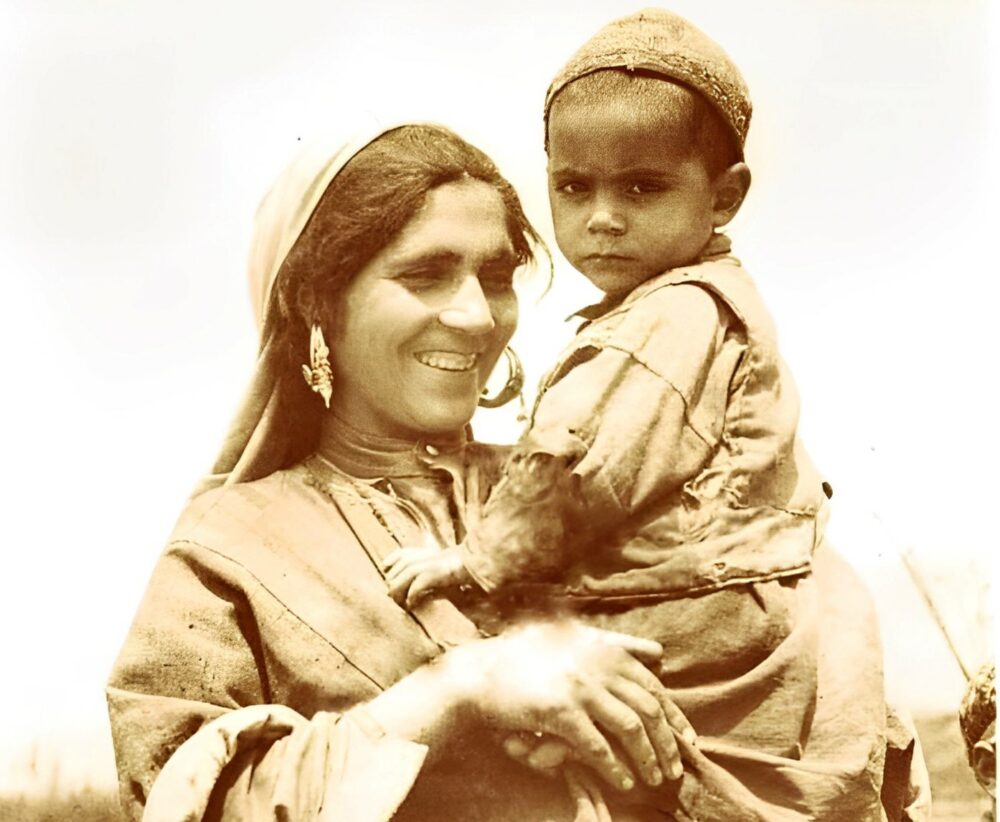
“One of the reasons literature has not got recognition from various decades is that some people feel ashamed of their own language and culture,” Ramzan believes.
“When elders or mostly parents berate kids for speaking Kashmiri, they feel maybe we are doing something wrong and that is why they don’t use this language in front of others in our society and feel ashamed of speaking it,” Ms Khan said. “This also affects the readership of Kashmiri literature because when a person is not using this language, why will he read in it?”
In the last 150 years when the Urdu language became the official language, people have grown most comfortable with it. Most of the culture, faith and history are either in Persian or Urdu. People who use Urdu have inherently the capacity to read Kashmiri as well because both languages use the same script. Off late, however, even Urdu is not much in demand. It is abundantly spoken but hardly studied.
“If they try to study Kashmiri, they will get to know their tradition, culture and history better,” Prof Ramzan said. “Not just that, they will know themselves better as they are the reflection of the same society. It doesn’t mean we don’t have to read or find any other literature but when we do so, we should keep our tradition alive. And in some way, we should put that in our writing and reading.”
Writers Issues
Broadcaster Satish Vimal regrets that the new generation, despite having access to all cultures across the world, remains distant from their own literature. “In the last 25 – 30 years we have not done anything significant in this literature,” said. “Even the best-written literature finds no takers for obvious lack of promotion. This era is about promoting things. If people are not able to promote things, their things won’t gain a good reach.”
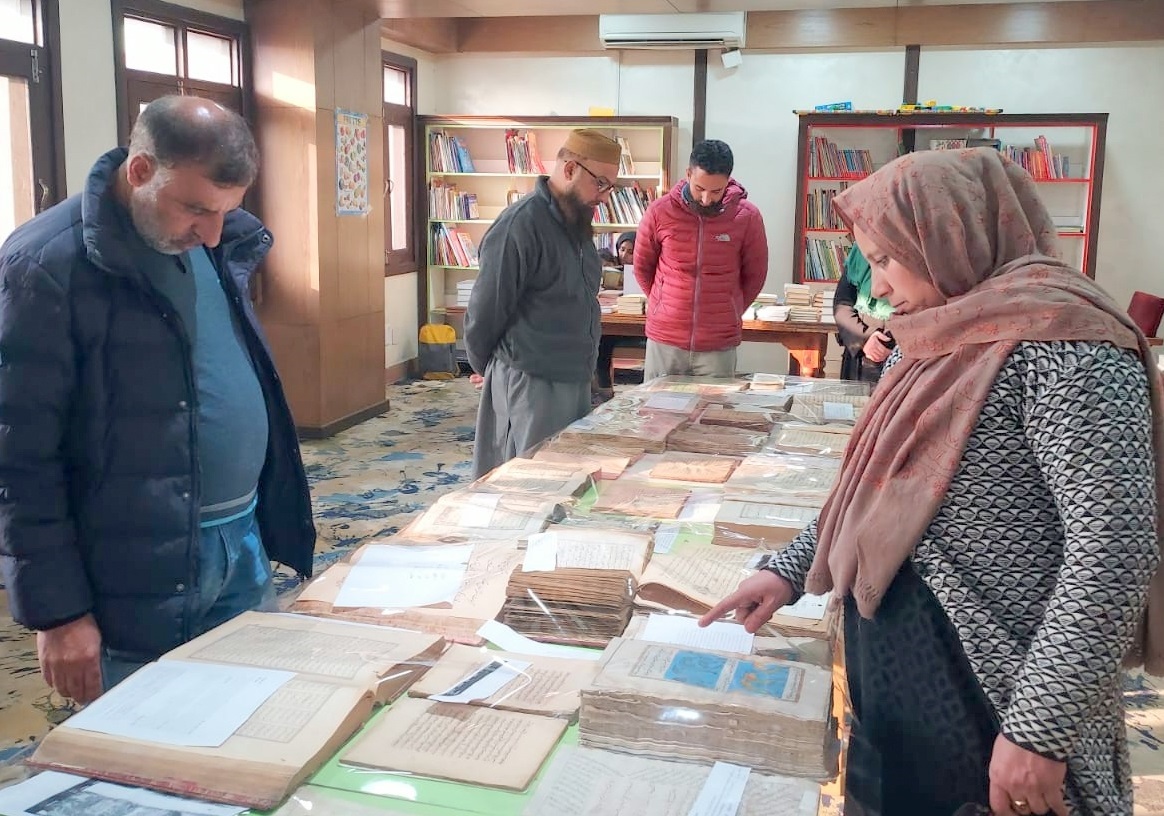
For students or readers, it is a routine that they share and flaunt their favourite authors, novels, short stories and genre. What is shocking is that no Kashmiri author is in discussion. Even the newsrooms found it very difficult when they were desperate to write the obituary of Rehman Rahi, a Kashmiri language doyen, whose contributions are too huge.
“The fault is not of the new generation alone,” Satish points out. “Maybe the writers are not being effective. We are bound in a certain frame and idea and we are walking on the same track for years, not knowing that the world has completely changed.”
The Kashmiri language authors do their best but they are unable to make the readers interested in it. Maybe they lack the ‘connect’ and their works are not contemporary.
Writers must try to be relevant to today’s time because literature is as important to contemporary times as it is for the future. “We are not being recognised even in our time. So, how will we be recognized in future?” asks Satish. “Unless we do not improve the connect, our work will not be appreciated by the new generation.”
Unlike past, the internet and social media help in quicker promotions. “It is us who fail in making using it,” Satish believes.
Reader Choices
The new age world is consuming a lot of literature. In the virtual world, there are cults of followers of great writers like Ghalib, Iqbal, Rabindranath Tagore, Khalil Gibran, Agha Shahid Ali, Rasul Mir and others.
“Our previous writers are so widely accepted and even after centuries we still quote Sheikh ul Aalam, Lala Ded and Saadi Shirazi. They are popular among the younger generation as well,” Prof Ramzan said. “That was the power and influence of their writing. Similarly youngsters nowadays like reading Rasul Mir and Rehman Rahi but we have very few readers in Kashmiri literature apart from academic readers.”
New generations appreciate the writings and read-only if they feel something is interesting, striking or appealing to them.
“They do appreciate diverse topics and genres in literature. That’s why, any new book written abroad with new content appeals to them so much and they immediately buy and read that,” Satish said. “The only option is that we have become relevant to the new generation.”
A Cosmopolitan Generation
The new generation may seem local but is global in nature because they have access to consume the best and the most appealing. They locate interesting things and make them popular. They have created a huge movement on the internet that is aimed at popularising Kashmiri music.
They found Noor Mohammad an interesting singer and made him popular and in turn, it made Kashmiri poets Shams Faqeer, Ahad Zargar and others relevant to Kashmir, yet again. “These trends indicate that if writers write well and get promoted, they will have a huge audience, unlike past,” Satish said.
Culture, after all, is a dynamic institution which is not static. As it grows, it evolves and people must follow the same pattern.
Captive Readership
Static practitioners in a dynamic process fail to retain the pace. That is perhaps why the students studying Kashmiri literature are the only group that studies the literature that is being produced. They do not have options either.
The Kashmiri language is not restricted to Kashmir. It is being read and spoken outside the mountain ranges surrounding the Vale. Jammu University has a Kashmiri language department on its Kishtwar campus. At Punjab University, Kashmiri is being taught so is in Mysore’s Central Institute of Indian Languages (CIIL).
The language students are doing their bit to make Kashmiri relevant. Some are making e-libraries, and some are reciting the poetry of old poets and uploading that on YouTube. “I think the new generation is doing many more things for the promotion of culture and language than the earlier one,” admits Satish.
A Proud Language
Regardless of the small demographics of the language, Kashmir is the oldest and complete language. Experts believe the Kashmiri literature originated almost 750 years ago. Even though Kashmiri is an ancient language, its literature falls under the genre of modern literature. Kashmiri is said to be the only Dardic language to have literature.
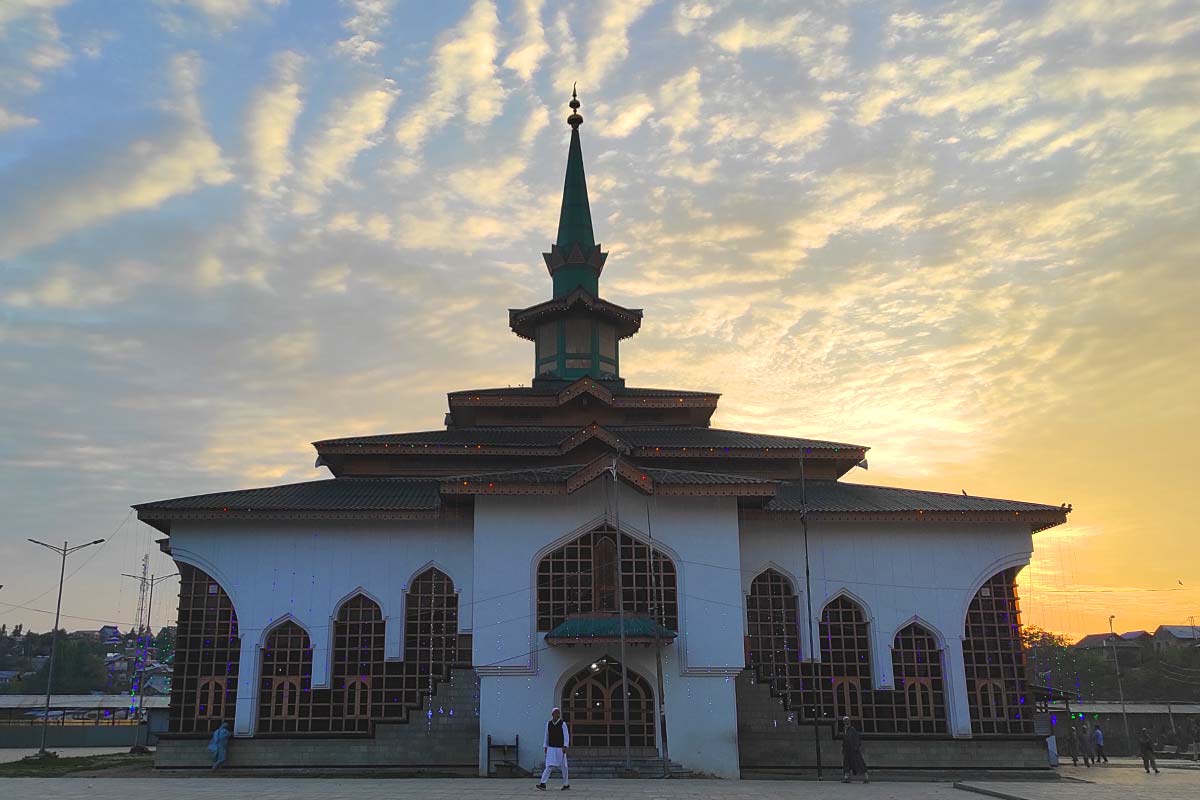
The fourteenth-century Lal Ded is the key founder of Kashmir’s mystical poetry whose wakhs are recited still now. Later, Nundreshi, the stand-bearer saint came with his shruks. The subsequent centuries saw the major poets emerging on the scene across the faith divide of Kashmir.
In Kashmiri literature, the prose was written very late. Apart from that, in Kashmir, poetry has always been more written than prose. Most of this wealth was inherited from generation to generation. Poets composed numbers, singers sang and the people remembered. Medieval poetess Haba Kahtoon is still the most powerful voice of pathos, pain and romance. She is likely to survive the next millennium even without a university campus endorsing or propagating her contributions.
Over the centuries, the Kashmiri language has introduced almost every kind of literary genre into it. The only deficit is that of the novel.










